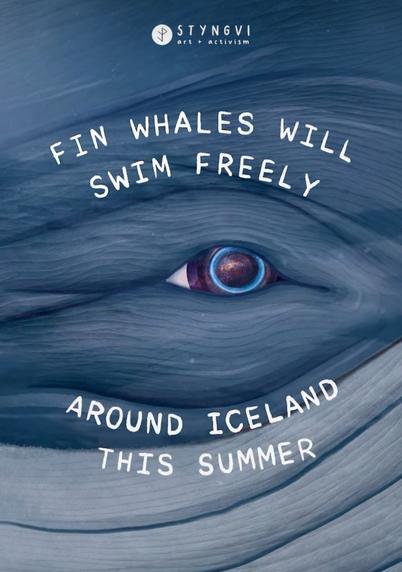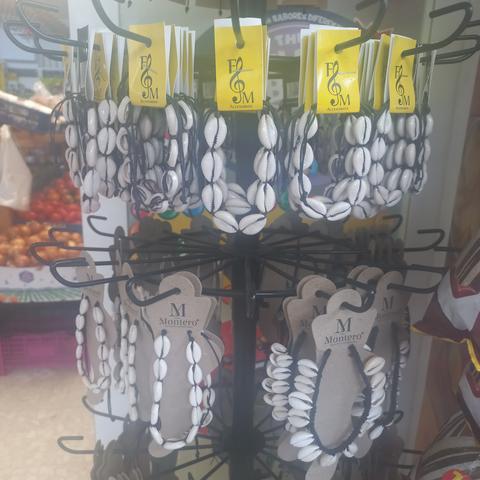Plant Based Treaty's petition to #StopOctopusFarming has over 140,000 signatures. They held global days of actions outside Spanish embassies and mobilised #EnvironmentalScientists to submit objections to #Pescanova 's planning application. With your help, they can do so much more to save these magnificient creatures.
Yours truly,
Peter Egan
#PeterEgan #SaveOctopuses #SaveOurSeas #BanOctopusFarming #PlantBasedTreaty

4/4
https://www.drove.com/campaign/6202d5ca01cf365ea19492a3?utm_source=droveShare&utm_medium=copy+link&skey=.2vFz
www.drove.comSTOP Octopus FarmingWe, the undersigned, pledge to boycott and not visit The Canary Islands until the octopus farm proposal is dropped and octopuses are recognised as sentient beings in Gran Canaria. The Spanish company Nueva Pescanova has invested €65 million to build the world's first commercial octopus farm in Las Palmas, Gran Canaria, Canary Islands. As the first demand of the Plant Based Treaty states, we should not be building new slaughterhouses or animal farms but relinquishing animal agriculture facilities and not making the problem worse. Yet this octopus farm would lead to a million octopuses being killed for food each year (3,000 tonnes, according to the company). Nueva Pescanova admits they intend to farm the usually solitary creatures in cramped conditions, housing multiple octopuses – an estimated 10 to 15 – for each cubic metre of tank space. Placing territorial animals in unnatural environments commonly leads to stress and extreme behaviours, such as cannibalism, injury and death. Compassion In World Farming, who have examined the octopus farm proposals, estimate that 10-15% of octopuses housed under the plans will die before they even get to ‘slaughter age’. The shocking method of killing these sentient beings has now been revealed. The intensive farm plans to immerse the octopuses in near freezing -3°C (26.6°F) water – essentially, an ice slurry designed to kill slowly. Prof. Peter Tse, a cognitive neuroscientist at Dartmouth University, points out that it would be “very cruel” and should not be allowed, with several studies demonstrating that this method of killing fish results in a slow, stressful death. Octopuses are Individuals Octopuses are incredible creatures and should be treated with love and kindness, not imprisoned and slaughtered. They should never be stuck inside tanks, raised on farms, eaten, or abused in any way. These eight-armed geniuses are playful, inquisitive, sensitive, determined and just like every other animal on this planet, worthy of our protection. They have three hearts and have a top speed of 27 mph. In addition to their large doughnut-shaped brain, each octopus arm has a mini-brain. They are the world's most intelligent invertebrate and they have as many neurons as a dog; they are as smart as a golden retriever. There is no legislation in Spain or the Canary Islands that protects octopus welfare, and even if the farm had high welfare standards, there is no humane way to imprison or kill anyone against their will. Octopuses feel pain Jennifer Mather, PhD, an expert in the behaviour of octopus and squid at the University of Lethbridge in Alberta, says, “It's probable that the octopus's reaction to pain is similar to a vertebrate. They can anticipate a painful, difficult, stressful situation—they can remember it. There is absolutely no doubt that they feel pain.” Not only that, but octopuses learn to avoid sites where pain has been inflicted on them, and they display strong negative behavioural changes when they are faced with pain. Environmental Disaster As the film Seaspiracy showed, our oceans are in crisis. Octopus farms will further add to the world’s fishing crisis and will continue to drain our oceans of fish and many other species while destroying delicate marine ecosystems. There are concerns over the nutrient-rich water that the farm will be pumping directly into the ocean, and feeding such a large amount of hungry mouths will require huge quantities of "fishmeal" – made of ground-up fish dragged from the ocean by industrial trawlers. For every 3 kg of octopus killed, 9kg of fish must also be killed to feed them, making it a totally unsustainable practice. Octopus farming contravenes the EU Strategic Aquaculture Guidelines (SAG) because it will further deplete populations of fish communities living in the oceans. Demands: We call on the Governments of Spain and Gran Canaria to intervene: >STOP this octopus farm - octopus farming is immoral, unsustainable, unethical and ecologically unjustified. >BAN eating octopuses and instead recognize octopuses as sentient beings as already being done in the United Kingdom. Become an Octopus Defender: >Pledge to boycott and not visit The Canary Islands until the octopus farm proposal is dropped and octopuses are recognised as sentient beings in Gran Canaria. >Watch Seaspiracy, My Octopus Teacher and Blue Planet >Read the Animal Save Movement blog, 'Five Interesting Facts about Octopus and why we shouldn't eat them'. >Endorse the Plant Based Treaty >Donate to support our campaigns. Click the link below. References Andrews, P. L. R. et al. The identification and management of pain, suffering and distress in cephalopods, including anaesthesia, analgesia and humane killing. J. Exp. Mar. Bio. Ecol. 447, 46–64 (2013). Fiorito, G. et al. Guidelines for the Care and Welfare of Cephalopods in Research – A consensus based on an initiative by CephRes, FELASA and the Boyd Group. Lab. Anim. 49, 1–90 (2015). Andrews, P. L. R. et al. The identification and management of pain, suffering and distress in cephalopods, including anaesthesia, analgesia and humane killing. J. Exp. Mar. Bio. Ecol. 447, 46–464 (2013). Dr Elena Lara, Octopus Factory Farming: A Recipe for Disaster, Compassion in World Farming (2021) https://www.eldiario.es/caballodenietzsche/granjas-pulpos_132_8702932.html




